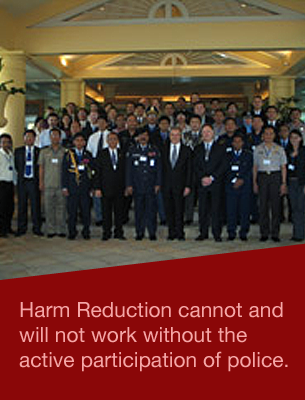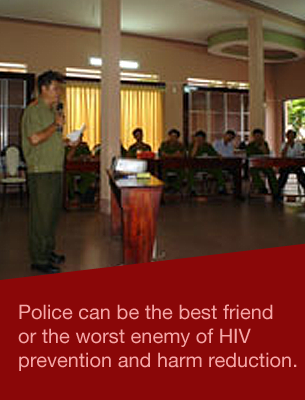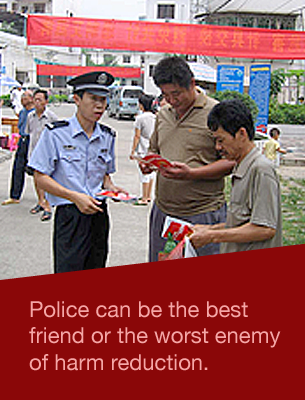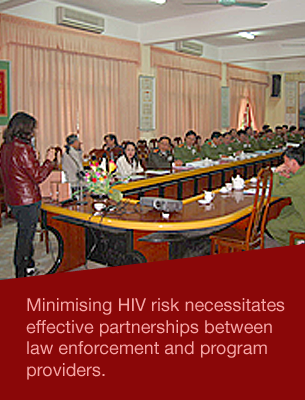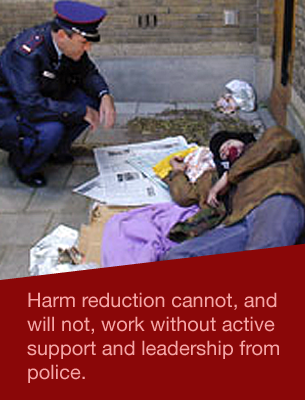Regional Dialogue on Promoting Rights-based approaches to HIV curbing among Key Populations: Collaborating with correctional services and law enforcement officials
Johannesburg 16-17 June 2016
Read the full report here
The meeting had three main objectives:
- To Increase civil society engagement with law enforcement and raise awareness about the impact of current punitive laws and policies, including petty offences, on people living with HIV (PLHIV) and key populations amongst law enforcement and correctional officials;
- To share best practices and functional models currently being undertaken which contribute to creating enabling legal and policy environments for key populations to access HIV and TB services in Southern and East Africa and
- To develop and prioritise a common regional advocacy strategy and position to promote collaboration and engagement between civil society and law enforcement officials.
The dialogue comprised of purposeful presentations and discussions from law enforcement officials, civil society representatives, law makers and regional stakeholders, including Southern African Development Community (SADC) and African Union representatives. The result of this engagement not only facilitated a platform for the dissemination of in-depth information and dialogue around the regional concerns of human rights violations inflicted upon key populations by law enforcement officials, but most importantly led to the inception of a regional advocacy strategy.
The dialogue resulted in three main outputs of the dialogue:
- A multi-sectoral engagement between representatives of the judiciary, law enforcement, key populations and civil society organisations around the punitive laws and policies imposed on People Living with HIV (PLHIV) and Key Populations.
- Inter- and intra- regional information exchange on the realities of key populations and applicable and adaptable best practices.
- The inception of a coordinated regional advocacy plan which will be coordinated by ARASA in partnership with various law enforcement authorities, representative policy and lawmakers and civil society entities from the two regions.
Read the full report here




